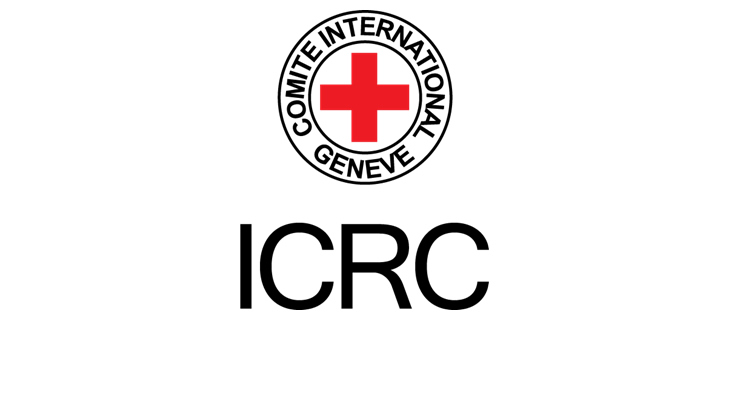
The agency revealed this in a short video on its official Facebook page ahead of the 2022 Hajj celebration across the state, in line with its global humanitarian quest geared at protecting human lives and health.
The ICRC reckoned that the well-being of livestock and the pastoralists were intertwined, as the cattle served as a means of livelihood for many families within the rural settlements, and as such, the vaccination was a veterinary project meant to reduce the susceptibility of the livestock.
Appraising the initiative, the Zonal Veterinary Officer, Kano South, Dr. Idris Ibrahim, expressed delight that the scheme would help prevent the viral diseases livestock were exposed to, particularly in Kano whilst safeguarding the health and livelihood of the pastoralists.
According to Ibrahim, the most common of the diseases confronting the community is the Peste des Petits Ruminants, also known as sheep and goat plague, which is a highly contagious disease that affects ruminants.
He said, ‘‘Right now, we are vaccinating the sheep against PPR otherwise called Peste des Petits Ruminants, a very common disease in Kano.
‘‘We plan to vaccinate at least 300 sheep and goats in this herd. And by so doing, the loss, as a result of a death caused by the disease, is prevented and the livelihood of the herder is preserved.
‘‘So far, we have vaccinated close to 50,000 sheep and goats in this area and this is done mainly with the strength and assistance of 30 community animal health workers.
‘‘These 30 workers were selected, trained, and supported by the International Community of the Red Cross.’’





